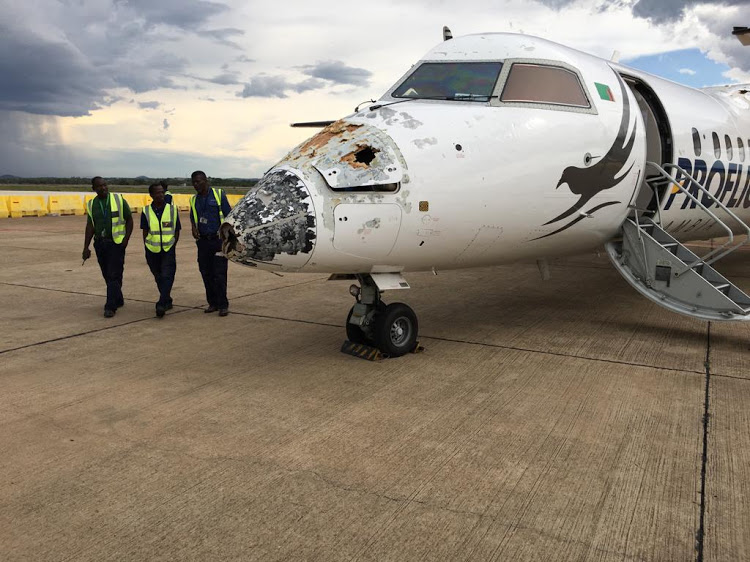
Malawi burns 2000 AstraZeneca vaccine doses to build confidence
Malawi burns 2000 AstraZeneca vaccine doses to build confidence
To help build confidence of the people in its administration of COVID-19 Vaccines, health authorities in Malawi have incinerated 19,610 expired doses of the AstraZeneca coronavirus vaccine.
Authority says the act will reassure the public that any vaccines they do get are safe.
It is the first African country to publicly do this.
The World Health Organization initially urged countries not to destroy expired doses but has now changed its advice.
Uptake of the vaccine in Malawi has been low and health workers hope the move will increase public confidence.
Out of a population of about 18 million people, the country has recorded 34,232 confirmed coronavirus cases and 1,153 deaths.
Malawi received 102,000 doses of the AstraZeneca vaccine from the African Union on 26 March and used almost 80%.
But the expiry date on the labels was 13 April so vials were taken out of the cold chain.
Malawi’s Principal Health Secretary told the BBC that it was unfortunate they had to destroy the vials but the benefits outweighed the risks.
“When news spread that we had out-of-date vaccines, we noticed that people were not coming to our clinics to get immunised,” said Dr Charles Mwansambo.
“If we don’t burn them, people we will think that we are using expired vaccines in our facilities and if they don’t come Covid-19, will hit them hard.”
He added that burning the doses was “just a formality” as they had already been destroyed.
Malawi’s Health Minister Khumbize Chiponda was photographed closing the incineration chamber on Wednesday.
On the streets of the capital Lilongwe, some people are worried about the safety of the vaccine.
“I would like to get vaccinated but how sure am I if I go to the hospital I won’t be given the expired vaccines?” shopkeeper Jack Chitete told the BBC.
“I have heard a lot of stories about people getting blood clots and some even dying after getting immunised. Are those people telling lies? If it is the truth, why are we being given the same vaccines?” asked another shopkeeper, Mphatso Chipenda.
The link between the AstraZeneca vaccine and rare blood clots is not yet proven, and health experts say the risk from Covid-19 is far higher, so advise people to get vaccinated if they can.
Rare blood clots – what you need to know
Malawi is not the only country in Africa to have expired vaccines. The WHO initially asked them to hold onto the vaccines until it could establish whether they could be still be used.
But it now says vaccines already sent out by the manufacturer with a set expiry date should be destroyed.
“While discarding vaccines is deeply regrettable in the context of any immunisation programme, WHO recommends that these expired doses should be removed from the distribution chain and safely disposed of,” it said in a statement on 17 May.
Other vaccines that are currently in use have a shelf-life of up to 36 months. The challenge with Covid-19 vaccines is that they have been in use for less than a year and there is no substantive data around their effectiveness after long periods




Recent Comments